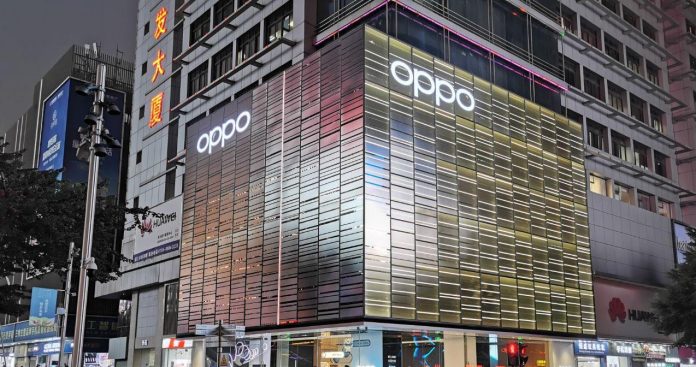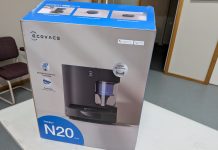OPPO has released its latest Climate Pledges and Low Carbon Development Strategy at MWC 2023 in Barcelona.
About a 1/4 of the carbon emission reduction from the peak in 2024 relies on buying carbon offsets, hopefully this reliance on offsets after 2050 can be greatly reduced in future updates of the Strategy.

In the report, OPPO pledges for the first time to achieve carbon neutrality across its global operations by 2050 using these 5 methods:
- low-carbon manufacturing,
- reducing the carbon footprint of products,
- investing in options that generate less carbon,
- utilizing digital technology to manage carbon emissions, and
- collaborating on industry standards to address climate change
Commenting on this commitment, Tony Chen, OPPO Founder and CEO, said:
“Achieving our goal of becoming carbon neutral will require both determination and patience. Guided by our mission of ‘Technology for Mankind, Kindness for the World’, we promise to pursue carbon neutrality with the same zeal and commitment that we invest in our technological innovation.”
Through energy saving and emission reduction initiatives, by the end of 2022, OPPO has managed to reduce 6,000 tons of greenhouse gas emissions from its operation each year. This is equivalent to the amount of greenhouse gas absorbed by 3,330 square kilometres of forest in a year.
Since 2020, OPPO has systematically carried out a series of energy-saving upgrades to key machinery in its factories.
Working Towards Carbon Neutrality
One such project has involved automating previously manually operated machines. Compared with manual control, the automated equipment can be set to operate precisely according to the real-time requirement, thus reducing power consumption to the bare minimum in this case a reduction of 54% for that equipment.
In addition, OPPO is also working on the construction of carbon-neutral data centres. Its first self-built data centre, OPPO Binhai Bay Data Centre not only uses 100% renewable energy but also continues to explore and apply cutting-edge, low-carbon technology. One of the key outcomes of this exploration has been the research and implementation of immersion cooling technology for GPU server clusters.
In order to improve energy efficiency and reduce carbon emissions, OPPO is deploying immersion cooling technology for GPU server clusters in its data centre.
Immersion cooling technology, which refers to the direct immersion of servers in a non-conductive liquid, directly draws the heat generated during operation away through the liquid, without the need for active cooling by devices such as fans and air conditioners.
The deployment of immersion cooling technology leads to a 45% improvement in energy efficiency, and an industry-leading data centre power usage efficiency (PUE) as low as 1.15.
Product Life Cycle
While designing the packaging of its products, OPPO follows the internationally recognized green packaging principle of 3R+1D, reduce, reuse, recycle and degradable.
In 2023, starting in the European market, nearly all plastics have been removed from the packaging of OPPO’s smartphones, making it 100% biodegradable and more eco-friendly.
Approximately 45% is also made from recycled fibres, sourced from recycled wastepaper or plant-based materials – such as sugarcane and bamboo byproducts – helping to reduce the demand for raw materials.
OPPO has also made technological breakthroughs aimed at improving the durability of its products.
For example, OPPO’s proprietary Battery Health Engine technology can maintain 80% of the original battery capacity for up to 1600 charging cycles, significantly extending battery life.





